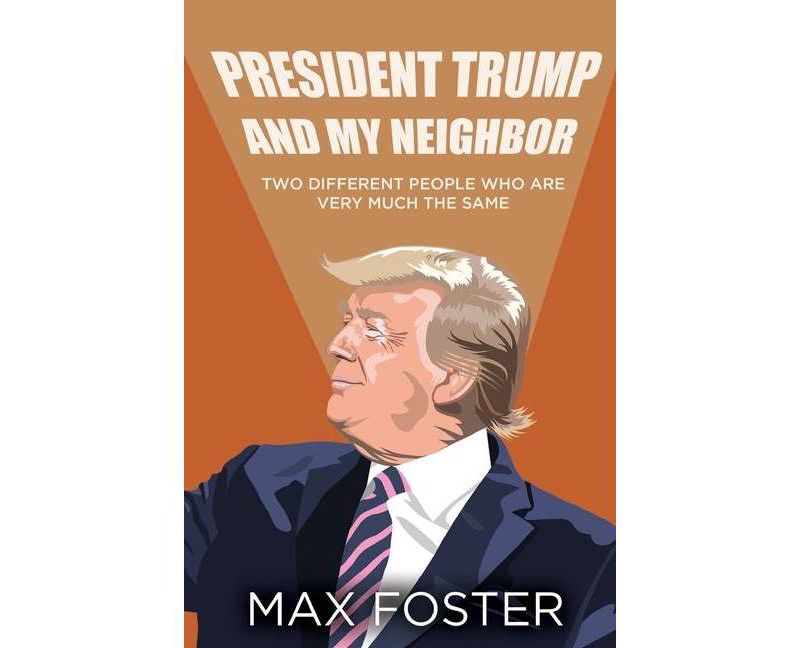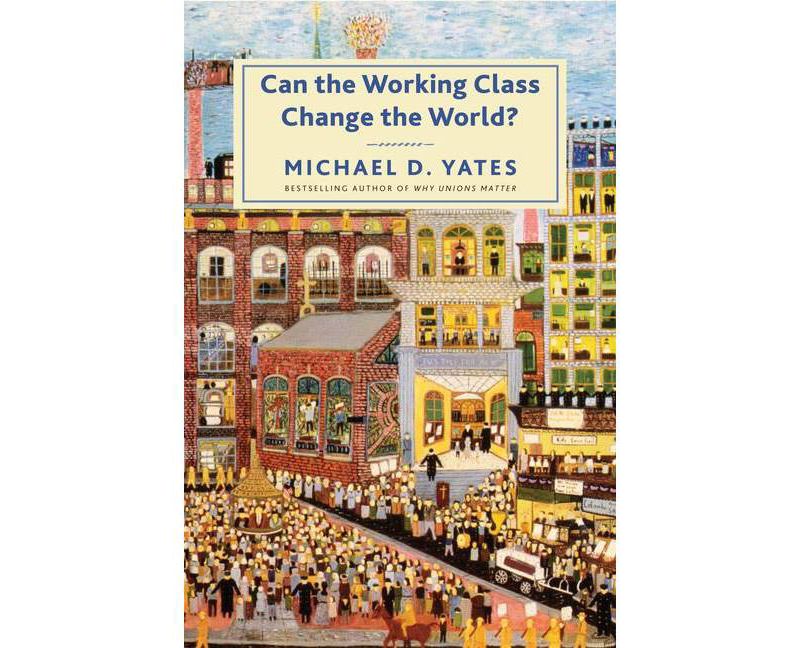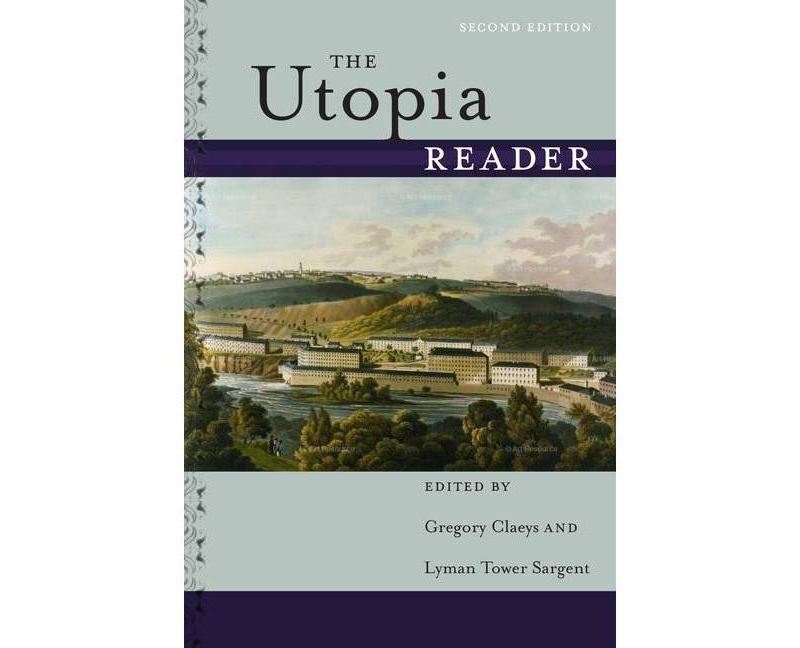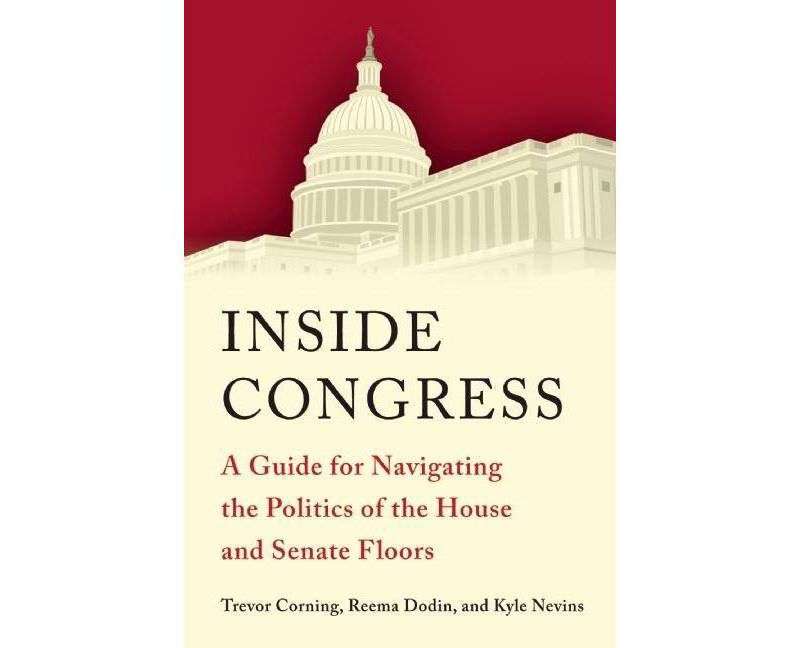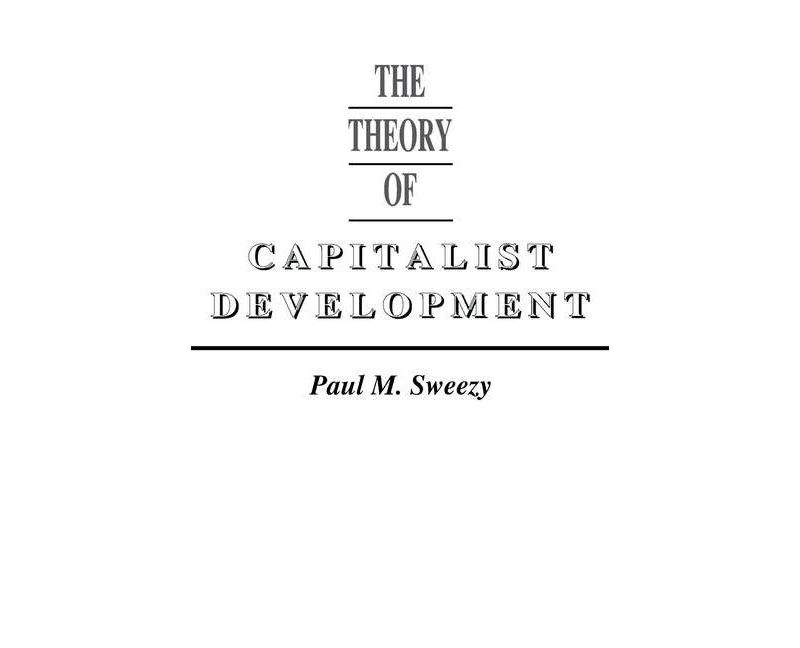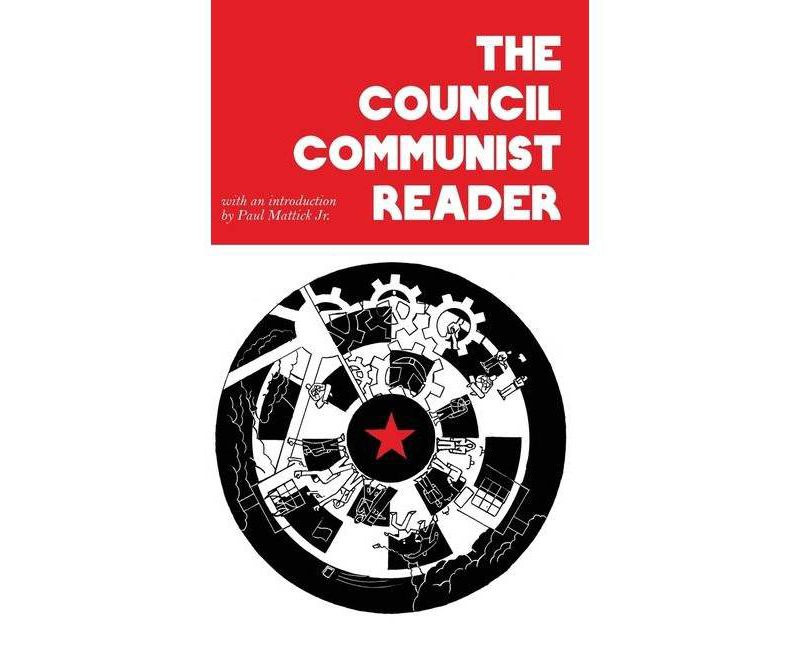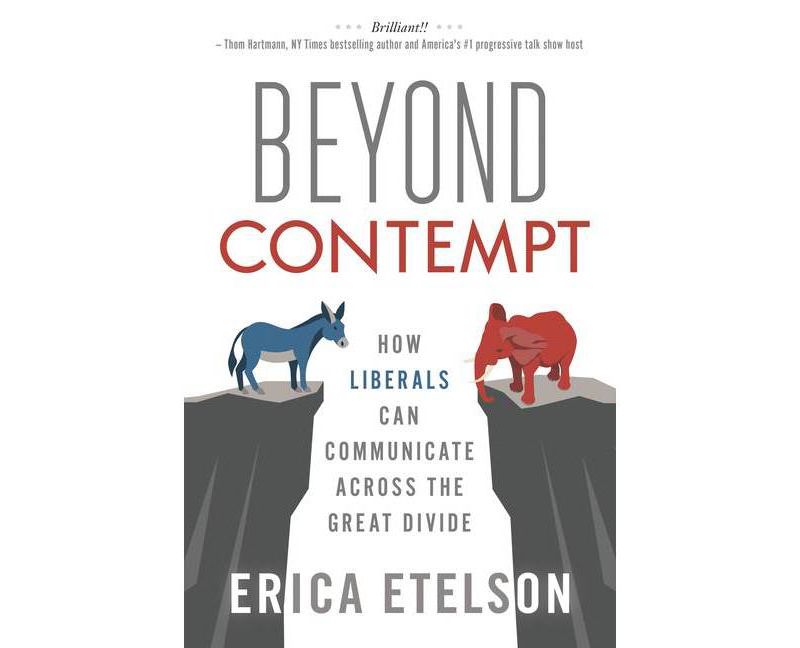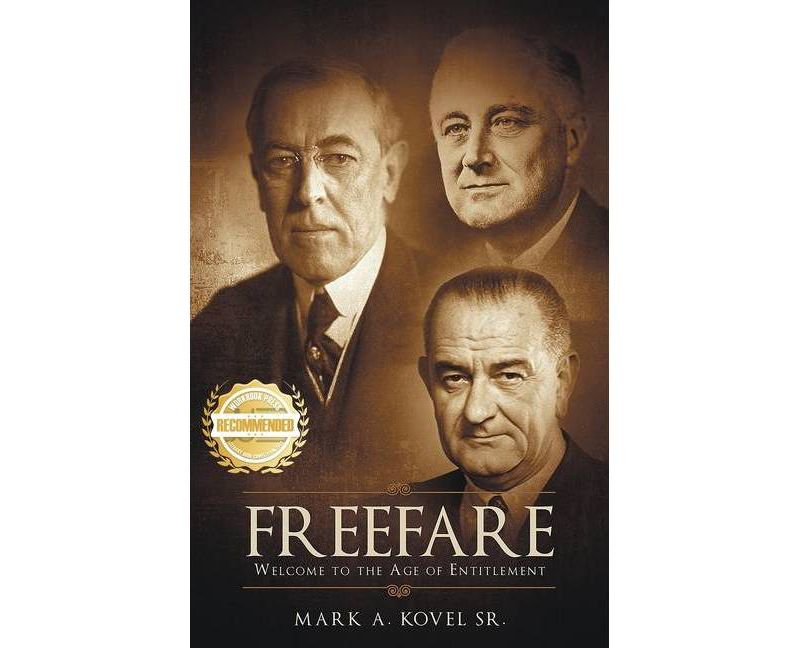Trusted shipping
Easy returns
Secure shopping
Buy Political Parties, Parliaments and Legislative Speechmaking - by H B"ack & M Debus (Paperback) in United States - Cartnear.com
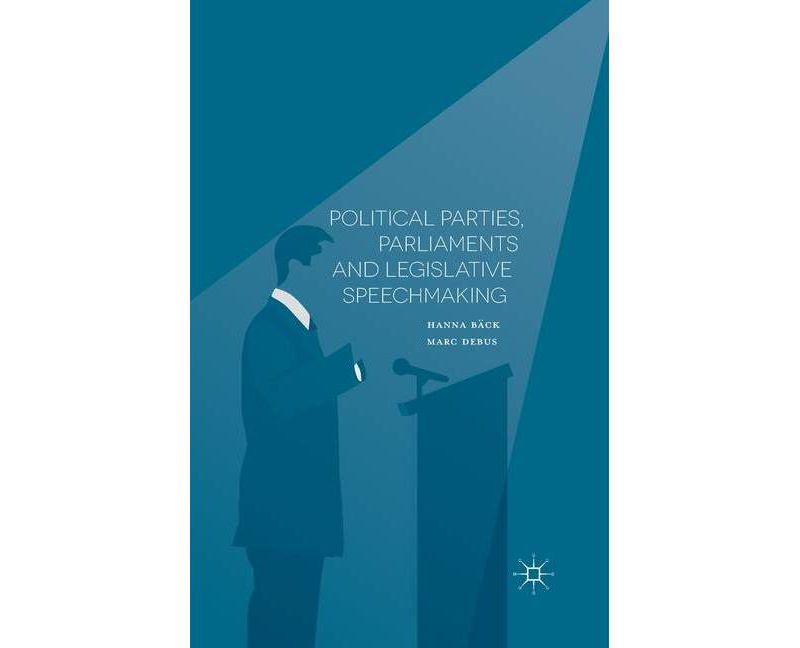
Political Parties, Parliaments and Legislative Speechmaking - by H B"ack & M Debus (Paperback)
CTNR965118 09781349694839 CTNR965118ChiaoGoo
2027-01-10
/itm/political-parties-parliaments-and-legislative-speechmaking-by-h-back-m-debus-paperback-965118
USD
80.84
$ 80.84 $ 82.49 2% Off
Item Added to Cart
customer
*Product availability is subject to suppliers inventory
SHIPPING ALL OVER UNITED STATES
100% MONEY BACK GUARANTEE
EASY 30 DAYSRETURNS & REFUNDS
24/7 CUSTOMER SUPPORT
TRUSTED AND SAFE WEBSITE
100% SECURE CHECKOUT
Number of Pages: 192
Genre: Political Science
Sub-Genre: Political Process
Format: Paperback
Publisher: Palgrave MacMillan
Age Range: Adult
Book theme: General
Author: H Bäck & M Debus
Language: English
To date, too little attention has focused on the words of legislators on the floor of the chamber. This book provides a welcome and study of speeches in parliament, showing that gender, an MP's role and constituency characteristics shapes who talks and how loyal MPs are to their party when talking. Bäck and Debus have produced an exemplary piece of comparative research and a must-read for anyone interested in political parties or parliaments.' - Shane Martin, University of Leicester, UK
Genre: Political Science
Sub-Genre: Political Process
Format: Paperback
Publisher: Palgrave MacMillan
Age Range: Adult
Book theme: General
Author: H Bäck & M Debus
Language: English
About the Book
"Why do some Members of Parliament (MPs) take the parliamentary floor and speak more than others? Why do some MPs deviate more than others from the ideological position of their party? This book develops hypotheses on legislative speechmaking and evaluates them by analysing parliamentary debates in seven European democracies: Czech Republic, Estonia, Finland, Germany, Ireland, Norway and Sweden. Assuming that MPs are concerned with policy-making, career advancement, and re-election, the authors discuss various incentives to taking the floor, and elaborate on the role of gender and psychological incentives in speechmaking. They test their expectations on a novel dataset that covers information on the number of speeches held by MPs and on the ideological positions MPs adopted when delivering a speech. "--From the Back Cover
In analysing speeches made by legislators, this book provides theoretical and empirical answers to questions such as: Why do some Members of Parliament (MPs) take the parliamentary floor and speak more than others, and why do some MPs deviate more than others from the ideological position of their party? The authors evaluate their hypotheses on legislative speechmaking by considering parliamentary debates in seven European democracies: Czech Republic, Estonia, Finland, Germany, Ireland, Norway and Sweden. Assuming that MPs are concerned with policy-making, career advancement, and re-election, the book discusses various incentives to taking the floor, and elaborates on the role of gender and psychological incentives in speechmaking. The authors test our expectations on a novel dataset that covers information on the number of speeches held by MPs and on the ideological positions MPs adopted when delivering a speech.Review Quotes
To date, too little attention has focused on the words of legislators on the floor of the chamber. This book provides a welcome and study of speeches in parliament, showing that gender, an MP's role and constituency characteristics shapes who talks and how loyal MPs are to their party when talking. Bäck and Debus have produced an exemplary piece of comparative research and a must-read for anyone interested in political parties or parliaments.' - Shane Martin, University of Leicester, UK
About the Author
Hanna Bäck is Professor of Political Science at Lund University, Sweden, and has previously held positions at the European University Institute and the University of Mannheim, Germany. Her research focuses mainly on political parties and coalition politics. Marc Debus is Professor of Comparative Government at the University of Mannheim, Germany. His research interests include political institutions, party competition, coalition politics, and political decision-making in multi-level systems.



